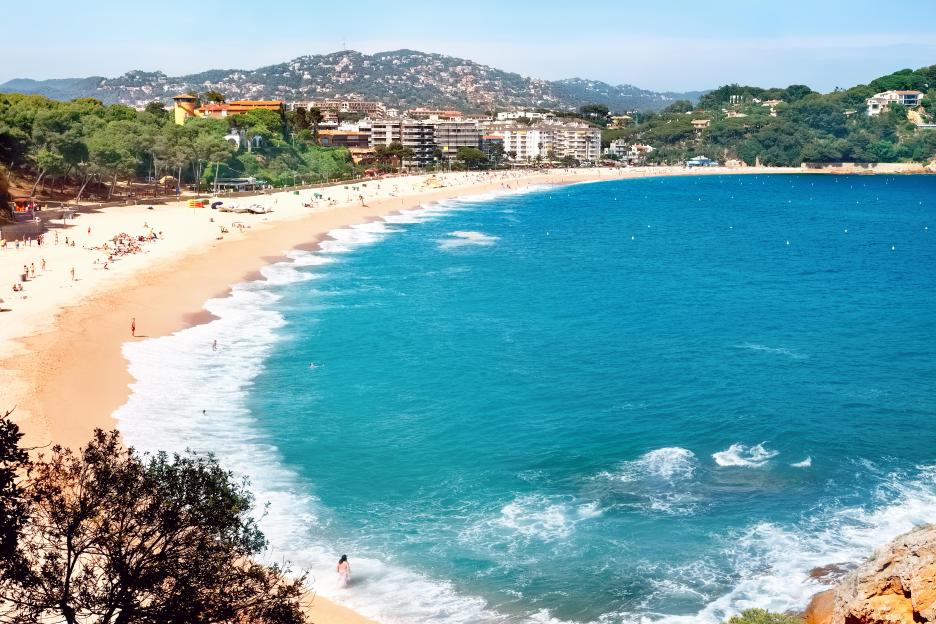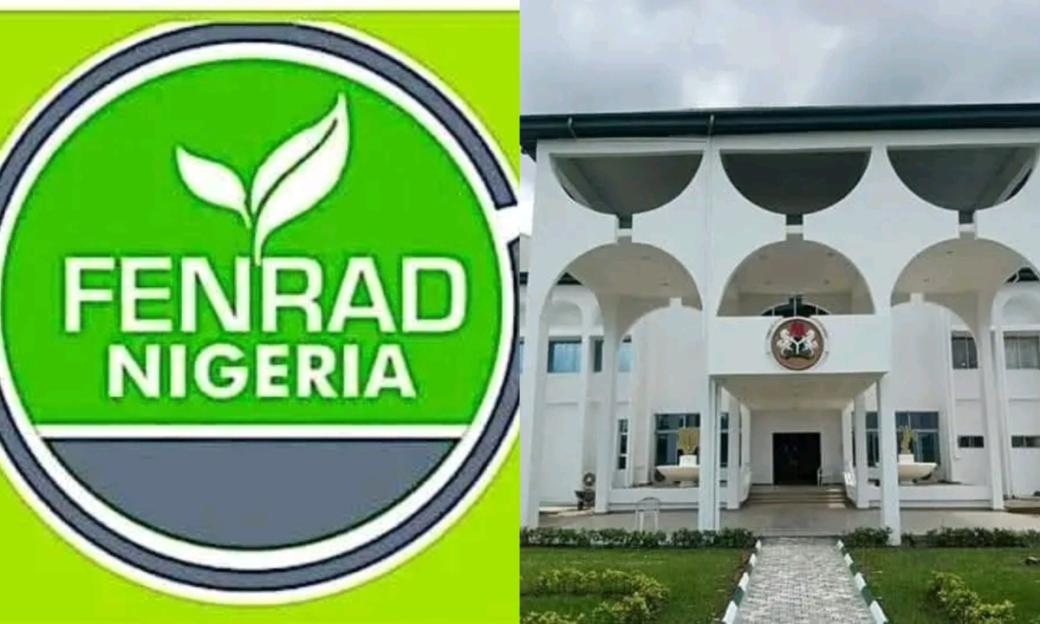Disturbed by the constant derailments, vandalism, and mechanical failures on the Itakpe–Warri rail corridor, the Senate on Tuesday, resolved to launch a full-scale investigation into the railway projects executed under the administration of late President Muhammadu Buhari.
The resolution was sequel to a motion sponsored by Senator Ede Dafinone (APC Delta Central), who informed the senate that the Itakpe–Warri railway line, completed under the Buhari administration, has recorded not fewer than 10 derailments and several service interruptions between 2023 and 2025.
Specifically, the Red Chamber specifically set up an adhoc committee to carry out a comprehensive probe into the projects and submit a report within six weeks
Presenting the motion, Dafinone said the line, which was commissioned with great national excitement only a few years ago, had become a source of public concern due to the frequency of derailments and service disruptions.
He said these incidents, occurring in quick succession, have endangered passengers, confidence in the country’s rail transport system, and raised serious questions about the quality of engineering, supervision, and maintenance of the project.
He urged the Federal Ministry of Transportation and the Nigerian Railway Corporation, NRC, to immediately undertake an independent technical assessment of the Itakpe–Warri corridor to determine the root causes of the failures and implement corrective measures without delay.
Dafinone also called for the Senate Committee on Land Transport to conduct an on-the-spot oversight visit to the affected areas, particularly the Agbor section in Delta State, and submit a comprehensive technical and safety report.
The lawmaker further sought the establishment of a National Rail Safety and Standards Unit to carry out periodic safety audits, enforce compliance with international best practices, and ensure accountability and transparency across all national rail corridors.
He also recommended that the federal government accelerate the extension of the Itakpe line to Abuja, in line with existing feasibility and design studies, to ease passenger congestion and improve service reliability.
Supporting the motion, Senator Abdul Ningi (PDP Bauchi Central) lamented the scale of the failures, describing it as “a national embarrassment that speaks volumes about the inefficiency of those managing the rail sector.”
He said the government had borrowed huge sums to build the railway lines under the previous administration, yet the projects were already collapsing within a short time.
Also contributing, Senator Patrick Ndubueze (APC Imo North) called for a total reorganisation of the Nigerian Railway Corporation, NRC, arguing that the corporation had failed to live up to its mandate and needed urgent reform.
According to him, Nigeria cannot achieve an efficient and safe transport system when a key agency like the NRC operates below acceptable standards.
In his own, Senator Solomon Adeola (APC Ogun West) said the repeated failures of the Itakpe–Warri line demanded transparency and accountability, urging the Senate to find out exactly how much was borrowed and spent on the project, who handled the contracts, and whether due process was followed.
Adeola noted that the recurring mechanical and technical faults might be the result of substandard work or poor supervision during construction.
But Senator Babangida Hussaini (APC Jigawa North-West) said the problem with Nigeria’s railway projects lay in poor project conception and weak maintenance culture.
He said: “From design to execution, our approach to project management is very poor. The same contractors who built other railways across Africa have delivered quality systems that are still running efficiently. Why is ours collapsing so soon after commissioning?”
Hussaini added that the poor state of the railways had also worsened the condition of Nigerian roads, as the bulk of cargo and freight that should move by train continues to be transported on highways, causing rapid deterioration.
He said: “This is why our roads are failing. If the rail lines were working, heavy goods would not need to move by road. We are now paying for inefficiency in one sector by overburdening another.”
In his remarks, the President of the Senate, Godswill Akpabio, who presided over the session, commended his colleagues for the robust debate and described the motion as “timely and necessary to protect lives, restore service reliability, and safeguard national investments.”
He said the Senate would not treat the matter lightly, given the loss of public funds and growing safety risks.
“This is not a partisan issue. The derailments began even before this administration took office. We must find out what went wrong, from how the loans were obtained to how the projects were executed and maintained. The Nigerian people deserve answers,” Akpabio submitted.







